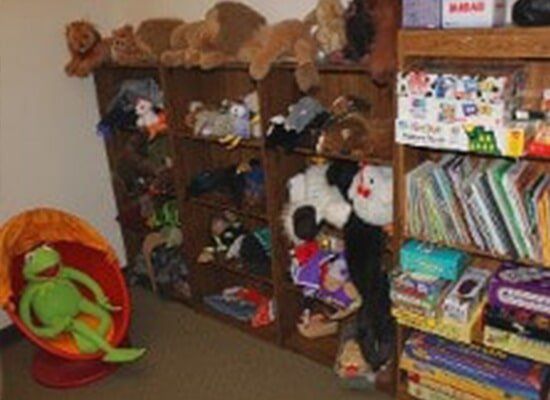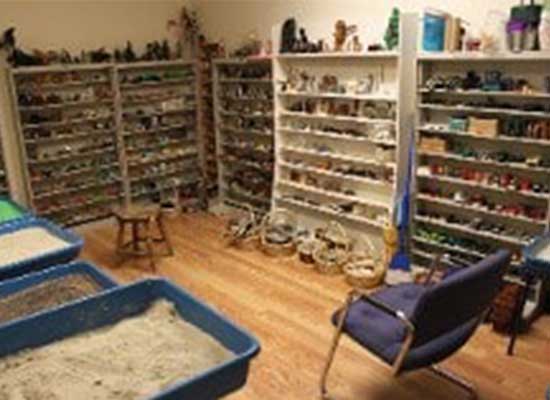Play Therapy in Laconia, New Hampshire
Why Play Therapy?
Play is Fun, Creative and Critical to Healthy Development
Why Play?
Play is a natural and spontaneous part of people's lives. Play is fun, creative and critical to healthy development. During play children learn about their physical surroundings, their own capabilities and limitations, social rules and the difference between fantasy and reality.
In play, children interact with toys and other people as they enter new experiences and rehearse new skills. In addition, play is one way children learn to communicate. In play they can show other things that are too complicated to say. They often communicate their difficulties more effectively through play than they can through language.
In play, children interact with toys and other people as they enter new experiences and rehearse new skills. In addition, play is one way children learn to communicate. In play they can show other things that are too complicated to say. They often communicate their difficulties more effectively through play than they can through language.
What is Play Therapy?
All Play Therapy differs from regular play in that the therapist helps children systematically address and resolve their own problems. Play allows them a safe psychological distance from their problems and allows them to express their true thoughts and feelings in ways best suited to their developmental level.
How Does Play Therapy Work?
Children are brought into Play Therapy to safely address and resolve their problems. Often, by the time children arrive for therapy, they have used up all of their own options for solving their problems and simply do not know what else to do. By this time, children may be acting out at home, with friends, and at school. Play Therapy allows play therapists to assess and understand children's play and to use it assisting the child in coping with difficult emotions and in finding solutions to their problems. By safely confronting their problems in the protected play therapy environment, children find creative solutions. Play Therapy allows children to change the way they about, feel toward, and resolve their problems. Even the most troubling problems can be confronted in Play Therapy and lasting resolutions can be discovered, rehearsed, and adapted into the child's life.
How Will Play Therapy Benefit My Child?
Children benefit from Play Therapy in many ways. Research supports the effectiveness of Play Therapy with children experiencing a wide variety of social, emotional, behavioral, and learning problems, including: post traumatic stress, conduct disorder, aggression, anxiety/fearfulness, depression, ADHD, impulsivity, low self esteem, reading difficulties, and social withdrawal. Play Therapy has been used successfully with children whose problems are related to life stressors, such as divorce, death, relocation, hospitalization, chronic illness, physical/sexual abuse, domestic violence, and natural disasters.
Play Therapy Can Help Children Help Others:
• Take responsibility for their behavior and replace inappropriate behavior with more successful behavior.
• Develop new and creative solutions to their problems
• Develop respect and acceptance of themselves and others
• Learn to experience and express emotions and to be empathic with respect to the thoughts and feelings of others
• Learn new social skills. Please see the YouTube Video "Play Therapy Works!"
• Develop new and creative solutions to their problems
• Develop respect and acceptance of themselves and others
• Learn to experience and express emotions and to be empathic with respect to the thoughts and feelings of others
• Learn new social skills. Please see the YouTube Video "Play Therapy Works!"


Reprinted with permission of the Association for Play Therapy, Copyright 2000.
401 Clovis Avenue, Suite 107, Clovis, CA 93612
Website: www.a4pt.org
Email: info@a4pt.org
Phone: (559) 298-3400
401 Clovis Avenue, Suite 107, Clovis, CA 93612
Website: www.a4pt.org
Email: info@a4pt.org
Phone: (559) 298-3400
Contact us
at 603-425-2989 to learn more about play therapy treatment.



 226 Rockingham Rd, Londonderry, NH 03053
226 Rockingham Rd, Londonderry, NH 03053 